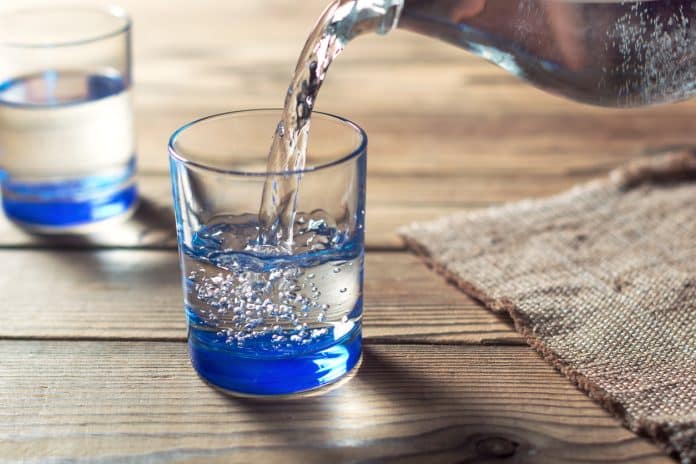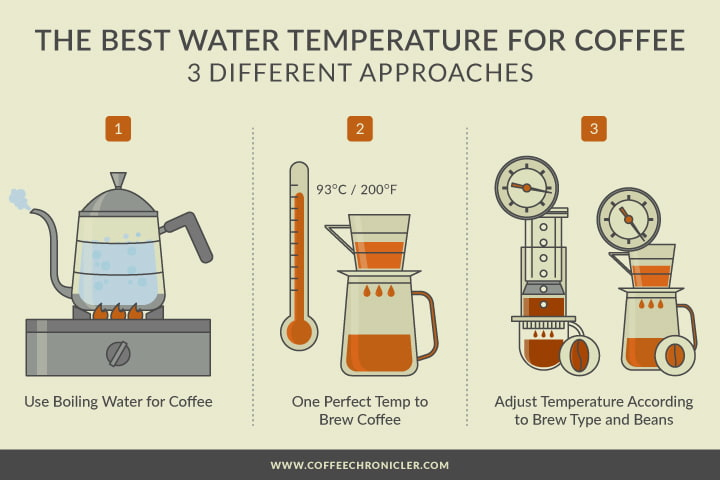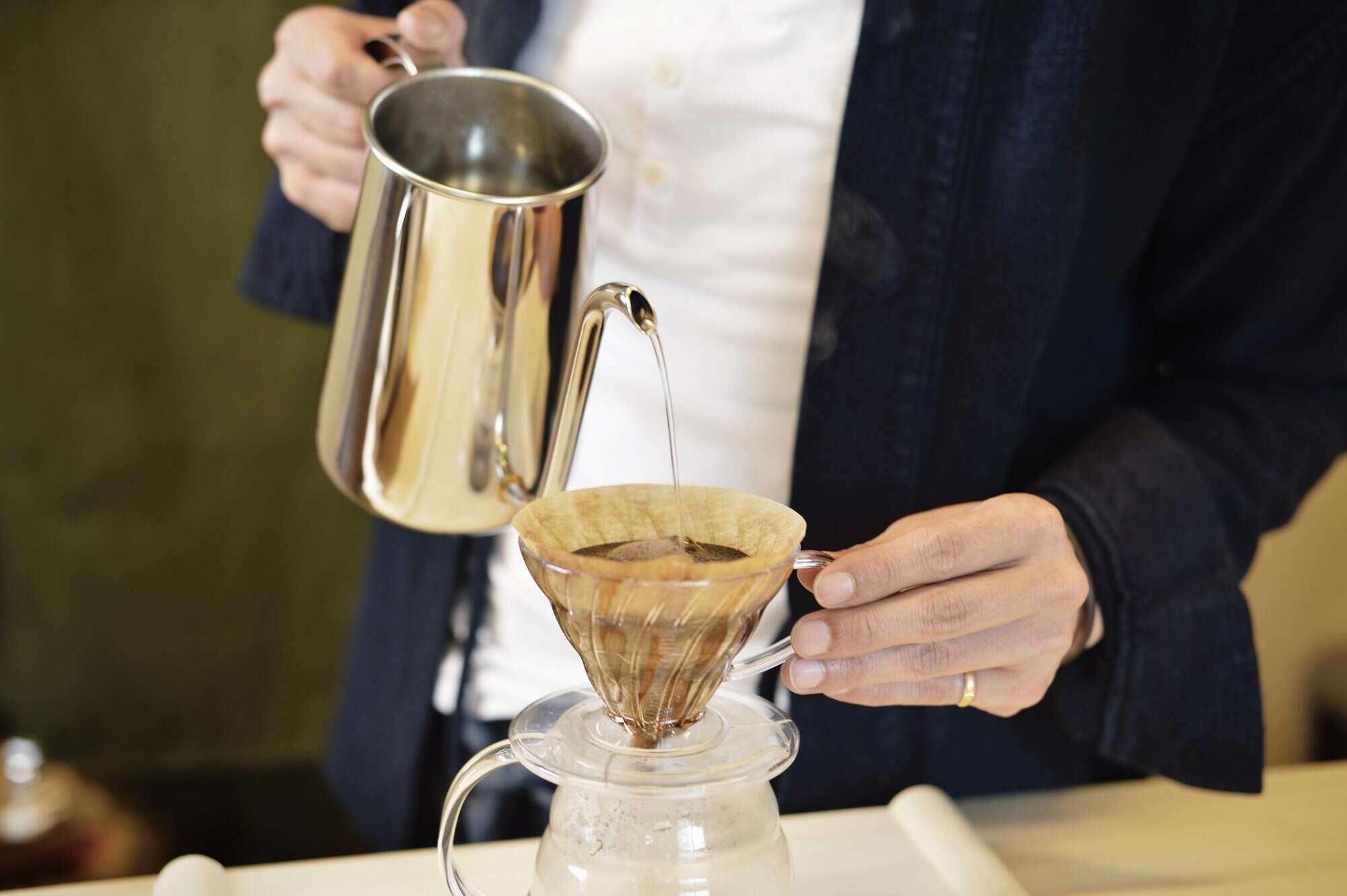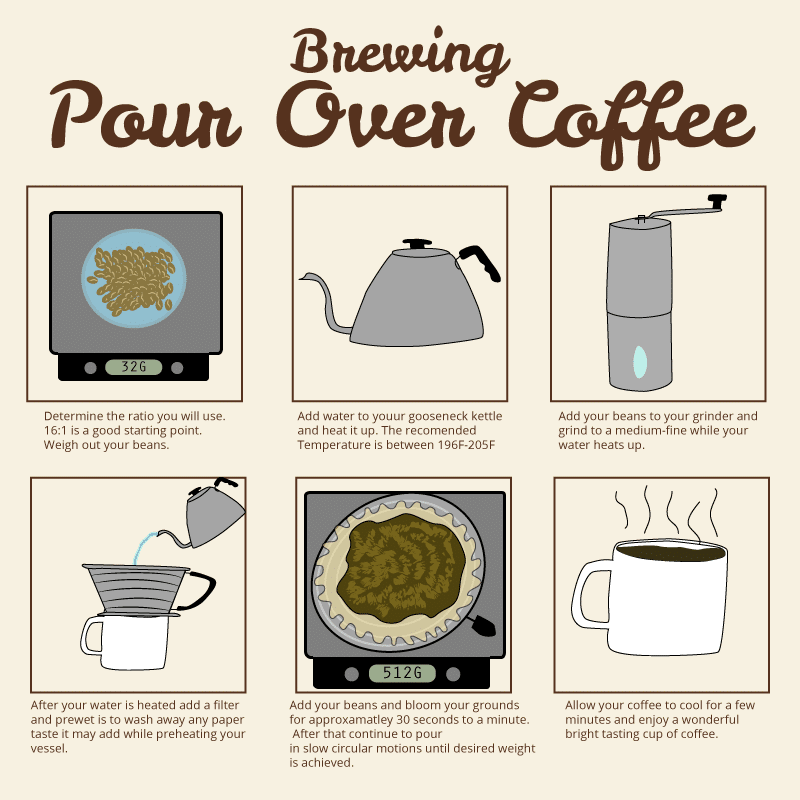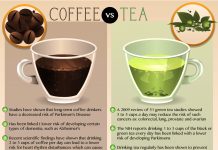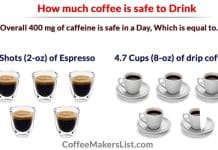Are you a coffee lover who wants to ensure the perfect cup of joe every time? Then, you might wonder if using filtered water is necessary for brewing coffee.
Well, look no further for the answer! In this article, we will explore whether using filtered water can make a difference in the taste and quality of your brewed coffee.
Get ready to discover the secret behind brewing the best cup of coffee right in your own home.
Why water quality matters in coffee brewing
Impact on flavor
When brewing the perfect cup of coffee, water quality is crucial in determining the flavor. The minerals and impurities in water can significantly affect the taste of your coffee. Using filtered water helps eliminate any unpleasant flavors or odors present in tap water, allowing the natural flavors of the coffee to shine through.
Impact on extraction
The quality of your water can also impact the extraction process. Coffee comprises soluble compounds extracted when hot water comes into contact with the grounds. The minerals in water interact with these compounds, affecting the rate and efficiency of extraction. Using filtered water helps to ensure a more balanced extraction, resulting in a better-tasting cup of coffee.
Impact on equipment
Water quality affects your coffee’s taste and the brewing equipment’s lifespan. Tap water often contains minerals like calcium and magnesium, which can build up over time and cause scaling or clogging in your coffee maker or espresso machine. Filtered water helps to prevent these mineral deposits, prolonging the life of your equipment and ensuring optimal performance.
Impact on brewing consistency
Consistency is vital when it comes to coffee brewing. Using the same water quality each time you brew helps to maintain consistency in flavor and extraction. By using filtered water, you can eliminate variables such as impurities or mineral content that may otherwise affect the consistency of your brew.
Understanding water filtration
Purpose of water filtration
Water filtration systems are designed to remove impurities and contaminants from tap water, creating a purer and cleaner water source for brewing coffee. The primary purpose of water filtration in coffee brewing is to improve your brew’s taste, quality, and consistency.
Types of water filtration systems
Various water filtration systems are available, each with its filtration method. Some common types include activated carbon filters, reverse osmosis systems, and ceramic filters. Choosing a filtration system that suits your needs and effectively removes the impurities in your water is essential.
Benefits of using filtered water
Using filtered water for brewing coffee has several benefits. Firstly, it helps to remove any unpleasant flavors or odors in tap water, resulting in a cleaner and more enjoyable-tasting coffee. Additionally, filtered water helps to protect your brewing equipment from mineral build-up, ensuring its longevity. Lastly, using filtered water allows for better consistency in your brew, as the impurities and mineral content in the water are minimized.
Different water sources for brewing coffee
Tap water
Tap water is the most easily accessible water source for brewing coffee. However, tap water quality can vary greatly depending on your location. Some tap water may contain high levels of minerals, chlorine, or impurities that can negatively impact the taste of your coffee.
Bottled water
Bottled water is another popular option for brewing coffee. It generally undergoes filtration and purification before bottling, resulting in a cleaner and more consistent water source. However, it is essential to check the mineral content and quality of the bottled water, as some brands may still contain high levels of minerals that can affect the taste of your coffee.
Filtered water
Filtered water is an excellent choice for brewing coffee as it ensures the removal of impurities and contaminants present in tap water. Filtration systems can effectively remove minerals, chlorine, and other unwanted substances, resulting in a cleaner and better-tasting cup of coffee.
Distilled water
Distilled water is produced through vaporization and condensation, removing impurities and minerals. While distilled water can provide a neutral base for brewing coffee, it lacks the necessary minerals for proper extraction, resulting in a flat and dull taste.
Spring water
Spring water is sourced from natural springs and is often known for its mineral content. However, the mineral composition of spring water can vary depending on the source, which may impact the taste and extraction of your coffee. Choosing a spring water brand that complements your coffee brewing preferences is essential.
Reverse osmosis water
Reverse osmosis water is produced through filtration, removing impurities and minerals from tap water. While this results in a clean water source, it can also strip away beneficial minerals necessary for optimal extraction. It is essential to consider remineralization options if using reverse osmosis water for coffee brewing.
Components to consider in water for brewing coffee
Minerals
The mineral content of water is an important consideration when brewing coffee. Minerals such as calcium, magnesium, and bicarbonate ions can enhance the extraction process and contribute to the overall flavor profile of the coffee. However, excessive mineral content can lead to over-extraction or unwanted flavors. Finding the right balance of minerals is critical to achieving the perfect cup of coffee.
pH level
The pH level of water refers to its acidity or alkalinity. Coffee extraction is most efficient within a specific pH range, typically between 6.5 and 7.5. Too acidic or alkaline water can negatively affect extraction, resulting in a less-than-ideal taste. Using filtered water helps to maintain a balanced pH level, ensuring optimal extraction and flavor.
Chlorine and other impurities
Tap water often contains chlorine, which is added as a disinfectant. While chlorinated water is safe to drink, it can impart a harsh taste to coffee. Filtering the water helps to remove chlorine and other impurities, resulting in a smoother and more enjoyable cup of coffee.
Advantages of using filtered water for brewing coffee
Enhanced flavor extraction
Filtered water provides a clean and balanced base for brewing coffee, allowing for more effective flavor extraction. By removing unwanted minerals, impurities, and chlorine, filtered water allows the authentic flavors of the coffee to shine through. This results in a more vibrant and flavorful cup of coffee.
Minimize equipment damage
Filtered water can help protect your brewing equipment from mineral build-up and scaling. The minerals in tap water can accumulate over time, clogging the inner components of your coffee maker or espresso machine. By using filtered water, you can prolong the life of your equipment and ensure consistent performance.
Consistency in brewing
Consistency is key in the world of coffee brewing, and using filtered water helps to achieve this. Filtered water provides a consistent brewing environment by eliminating variables such as differing mineral content or impurities. This allows you to replicate the same flavors and characteristics in each cup of coffee, providing a reliable and enjoyable experience.
Considerations before using filtered water
Existing water quality
Before investing in a water filtration system, assessing the quality of your current water source is essential. If you have access to high-quality tap water or a reliable bottled water brand, filtering may not be necessary. However, a filtration system can significantly enhance your coffee brewing experience if your water contains excessive minerals, impurities, or unwanted flavors.
Cost of filtration systems
Different types of water filtration systems come with varying price tags. Considering your budget and the ongoing cost of maintaining and replacing filters is essential. Some filtration systems require regular filter replacements, which can add up over time. Evaluating the cost and benefits of a filtration system will help you make an informed decision.
Effectiveness of filtration methods
Not all filtration methods are created equal. Some focus on removing specific contaminants, while others provide more comprehensive filtration. Research and compare different filtration methods to find one that suits your needs. Consider factors such as removing minerals, chlorine, impurities, and the overall taste improvement.
Alternative options to filtered water
Bottled water
Bottled water can be a viable alternative if you cannot filter your water or do not have access to a filtration system. Look for bottled water brands that have undergone thorough filtration and purification processes to ensure a clean and consistent water source for brewing coffee. However, be mindful of the mineral content in bottled water, as it may still impact the taste of your coffee.
Spring water
Spring water can be another alternative to filtered water, as it often comes from natural sources. Be sure to choose a brand that aligns with your taste preferences, as the mineral composition can vary among different brands. Spring water provides a distinct flavor to coffee, and experimenting with different brands can be an exciting way to explore new taste profiles.
Tap water treatments
If using tap water, there are treatments available to improve the quality of coffee brewing. Water softeners can remove excess minerals, while activated carbon filters can remove chlorine and other impurities. These treatments can be an effective and affordable way to achieve better water quality without investing in a dedicated filtration system.
Tips for filtering water for coffee brewing
Choosing the right filtration system
Consider your needs and budget when selecting a filtration system for coffee brewing. Look for systems that effectively remove minerals, chlorine, and other impurities. Read reviews, compare brands, and choose a system that suits your water quality requirements.
Maintaining and replacing filters
Regular maintenance of your filtration system is essential to ensure optimal performance. Follow the manufacturer’s guidelines for cleaning and replacing filters. Neglecting filter maintenance can lead to decreased filtration efficiency and, ultimately, a decline in water and coffee quality.
Testing water quality
Understanding the quality of your water is essential for achieving the best coffee brewing results. Consider using water test kits to assess your water’s mineral content, pH level, and chlorine presence. This information can guide you in determining the effectiveness of your filtration system and making adjustments if needed.
How to incorporate filtered water into the brewing process
Measuring the coffee-to-water ratio
Using filtered water in your coffee brewing process requires recalibrating your coffee-to-water ratio. Measure the amount of water you will be using and adjust the amount of coffee accordingly. This will help maintain the balance and consistency of your brew, ensuring that the flavors are not diluted or overpowering.
Using filtered water for brewing methods
Filtered water can be used in various brewing methods, including pour-over, drip brewing, French press, and espresso. Regardless of the brewing method, using filtered water will enhance the flavors and ensure a cleaner taste. Experiment with different methods and adjust your brewing technique to optimize the use of filtered water.
Conclusion
The impact of water on coffee taste should not be underestimated. Using filtered water for brewing coffee has numerous benefits, including enhanced flavor extraction, minimized equipment damage, and consistency in brewing. Understanding the components of water and their effect on coffee extraction is crucial in achieving the perfect cup of coffee.
Consider your existing water quality, the cost of filtration systems, and the effectiveness of different methods before deciding whether to use filtered water or explore alternative options.
Remember to choose the right filtration system, maintain and replace filters regularly, and test your water quality to ensure the best brewing experience. Whether you choose filtered water, bottled water, or tap water treatments, prioritizing water quality will positively impact your coffee brewing journey.


